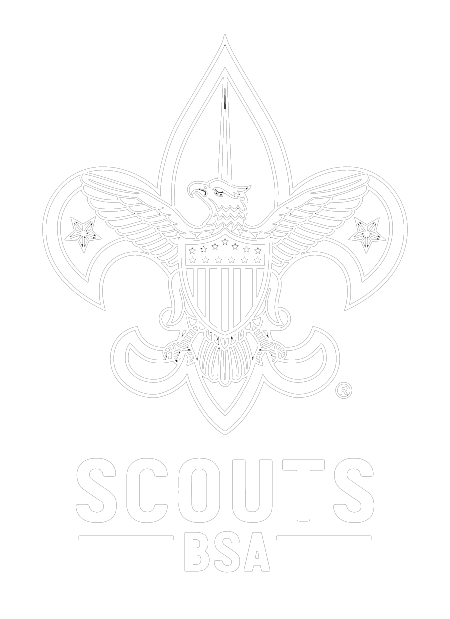Troop 3 is committed to Safe Scouting. Here are some of the guidelines Mr. Tim has put together or you can check out BSA’s policy here: Guide to Safe Scouting
Guidelines for Safe Scouting
All members of the Boy Scouts of America are expected to conduct themselves in
accordance with the principles set forth in the Scout Oath and Law. Physical violence,
hazing, bullying, theft, verbal insults, and drugs and alcohol have no place in the Scouting
program and may result in the revocation of a Scout’s membership in the unit.
Two-deep leadership.
Two registered adult leaders or one registered leader and a parent of a participant, one
of whom must be 21 years of age or older, are required on all trips and outings.
No one-on-one contact.
One-on-one contact between adults and youth members is not permitted. In situations
that require personal conferences, such as a Scoutmaster’s conference, the meeting is
to be conducted in view of other adults and youths.
Respect of privacy.
Adult leaders must respect the privacy of youth members in situations such as
changing clothes and taking showers at camp, and intrude only to the extent that
health and safety require. Adults must protect their own privacy in similar situations.
Separate accommodations.
When camping, no youth is permitted to sleep in the tent of an adult other than his
own parent or guardian. Councils are strongly encouraged to have separate shower and
latrine facilities for females. When separate facilities are not available, separate times
for male and female use should be scheduled and posted for showers.
Proper preparation for high-adventure activities.
Activities with elements of risk should never be undertaken without proper
preparation, equipment, clothing, supervision, and safety measures.
No secret organizations.
The Boy Scouts of America does not recognize any secret organizations as part of its
program. All aspects of the Scouting program are open to observation by parents and
leaders.
Appropriate attire.
Proper clothing for activities is required. For example, skinny-dipping is not
appropriate as part of Scouting.
Constructive discipline.
Discipline used in Scouting should be constructive and reflect Scouting’s values.
Corporal punishment is never permitted.
Hazing prohibited.
Physical hazing and initiations are prohibited and may not be included as part of any
Scouting activity.
Junior leader training and supervision.
Adult leaders must monitor and guide the leadership techniques used by junior leaders
and ensure that BSA policies are followed.
The three Rs of youth protection
The “three R’s” of youth protection convey a simple message that the BSA wants its youth
members to learn:
Recognize situations that place a scout at risk of being molested, how child
molesters operate, and that anyone could be a molester.
Resist unwanted and inappropriate attention. Resistance will stop most attempts at
molestation.
Report attempted or actual molestation to a parent or other trusted adult. This
prevents further abuse and helps to protect other children. The scout will not be
blamed for what occurred.

